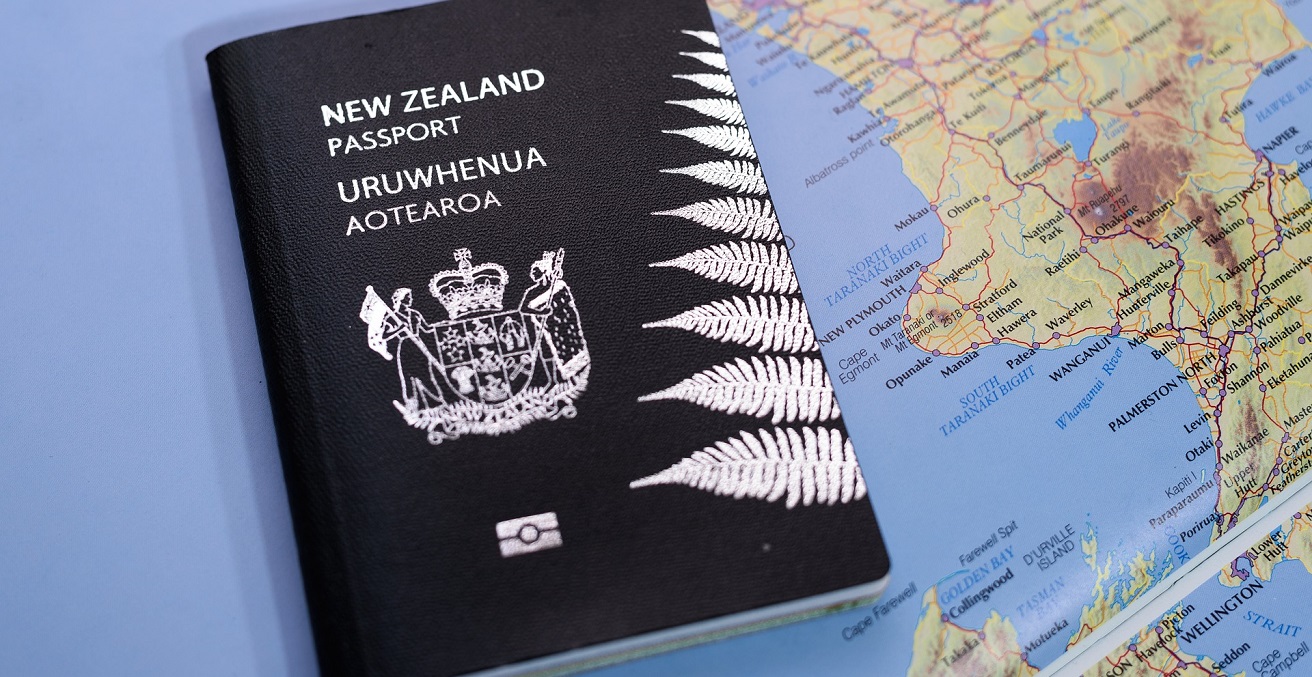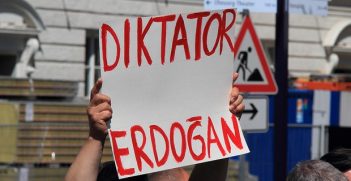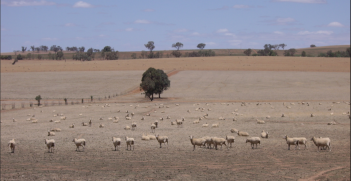Australia and Aotearoa New Zealand’s Deportation Policy and Practice in Regional Context

Deportation policy is a regional dilemma that won’t be solved by Australia and New Zealand trading diplomatic insults. Both nations must recognise their complicity in a system of regional dislocation and their joint responsibility to address it.
Deportation from Australia to Aotearoa New Zealand is a significant policy problem that requires greater cooperation, creativity, and compassion. The dispute concerns Australia’s ongoing practice of deporting New Zealanders convicted of criminal offences that fall under section 501 of Australia’s Immigration Act. Aotearoa New Zealand’s public officials have bristled at its neighbour’s zeal for deporting those who falls within the scope of section 501 regardless of their length of time in or evidence of their deep connections to Australia.
The latest skirmish in this ongoing policy disagreement was instigated by the cruel antics of an Australian reporter who assailed a young woman, bound in handcuffs and walking across a tarmac for a waiting aircraft bound for Aotearoa New Zealand. Given the relentless media and public official framing of deportees in both countries as undesirable criminals, there has perhaps understandably been a great deal of public fear and trepidation.
This is an important point to underscore since despite its moralistic rhetoric, Aotearoa New Zealand has engaged in a substantially similar practice with respect to its own deportees, many of whom to Pacific Island countries. Indeed, Aotearoa New Zealand is in a unique regional policy position on the question of how to manage deportees—both those it receives and those it deports to other countries, since, unlike many other countries, Aotearoa New Zealand experiences both the powerlessness to prevent or even meaningfully influence a larger neighbour from exerting its policy will upon it and in how it exercises its own power vis-à-vis its smaller neighbours, including Samoa, Tonga, and Fiji.
While significant attention has rightly been placed on Australia’s deportations to Aotearoa New Zealand in recent years, this is only a part of a larger dynamic of deportations from both countries to Pacific Island nations. According to New Zealand Police data, of the 2,416 deportees returned to Aotearoa New Zealand since 2015, 2,344—or 97 percent—have come from across the Tasman. These figures lay bare the fact that in at least one respect, the returnee issue is primarily a bilateral policy problem and suggests perhaps why the New Zealand response has been one that seems to swing between bitter resentment and fevered outrage.
But what about Aotearoa New Zealand’s own practice with deportations? Aotearoa New Zealand, with a population about one-fifth the size of its neighbour across the ditch, managed to once again “punch above its weight” in the international arena, only here it has been punching down. From 2018-2021, the country deported 1,234 people, according to Ministry of Business Innovation and Employment (MBIE) data. Most of these deportees were bound for India and China, but a significant number were for the Pacific Island nations of Tonga, Samoa, and Fiji—295 were sent to these countries alone during that span. Many of these people were deported for similar offences to those from Australia to Aotearoa New Zealand. It is worth noting that those bound for Australia, if any, are so small in number they do not even warrant mention in the table of data provided by MBIE.
The move towards a more humane and, I argue, successful policy regime, would require two key steps. Firstly, Aotearoa New Zealand should apply a human rights framework to its own deportation practices in the Pacific region that would further question the need for deporting long-term residents with deep and meaningful connections to Aotearoa New Zealand. In those circumstances where such deportations are nonetheless deemed to be within the national interest, it should co-create policies with destination countries that would support deportees and communities to successfully reintegrate deportees. This would, at minimum, involve cooperation and policy co-design with returnees, community advocates, and national and regional government officials in the Pacific. Secondly, Aotearoa New Zealand could then engage Australian political and policy actors within policy discussions that would draw on these experiences to make outcomes for deportees better in the near term and potentially to invite Australia to revisit its heavy reliance on deportation as a policy tool in favour of more humane solutions that better maintain family cohesion and look after the best interests of children, amongst other considerations.
In order to do this, Aotearoa New Zealand must first recognise and accept its position at the crossroads of deportation in the Pacific region and its complicity with Australia in contributing to a regionally disruptive policy practice. Indeed, the ongoing rhetorical morass within which politicians and journalists in both countries have been mired, will not influence either electorate as to the righteousness of their opponent’s position and seems designed mostly to reassure domestic audiences that they are doing something. The effect of this, however, has been devastating for returnees, serving only to further stigmatise them upon their return to Aotearoa New Zealand and in the Pacific. In order to move past this moment and towards a future within which deportees themselves might become the focus of these policies, it is argued here that Aotearoa New Zealand must translate its moral and human rights-based rhetoric on this issue into action. Doing so will be an important first step to getting its own deportations regime in order.
The issue does not need to be one of whether a country can deport, but instead whether one should deport as widely and frequently as it can. It is a question also of what responsibilities are owed to people who are to be deported both pre- and post-removal. Citizens of both countries should reflect on their values and how they wish to see them put into practice. The fact that the significant expansion of the use of deportation as a policy tool to punish criminal offending in Australia has become a serious international relations concern for its closest neighbour is beyond question. What is open for discussion is how both countries can move forward in a manner that ceases dehumanising deportees as “trash” and instead, moves together in the direction of recycling lives and erecting policies that aim, if not all the way to redemption, at least on the way to giving people the possibility of a fresh start. The cost in doing so is certainly offset by the degree of goodwill such cooperation would engender. Aotearoa New Zealand has a laudable history of leading many rights-based social movements, but, contrary to the claims of some, it has some ways to go in managing its own use of deportation as a policy tool before it should feel confident in admonishing Australia’s current practices.
Dr Tim Fadgen is a Lecturer in Politics and International Relations and Associate Director of Postgraduate Studies at the University of Auckland’s Public Policy Institute. He can be reached at: timothy.fadgen@auckland.ac.nz.
This article is published under a Creative Commons License and may be republished with attribution.





